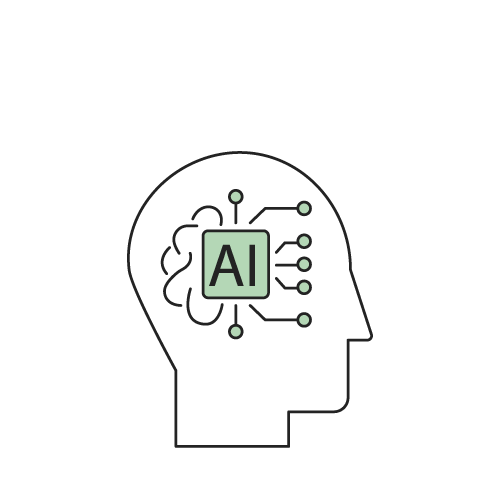
According to a survey by McKinsey, 82% of executives believe that recruiting and retaining talent is essential for their company’s growth. However, research shows that only 13% of companies have a clear strategy for talent management.

Strategic Talent and Competence Supply
The Importance of a Strategic and Systematic Approach
At Bender TM, we emphasize the importance of a strategic and systematic approach to talent management. A well-thought-out strategy ensures that organizations can meet their visions and goals by accurately identifying their talent needs, selecting the right methods for acquiring skills, and coordinating internal competence development with external hiring efforts.
In our view, aligning functions and people within talent management to share the same vision and common goals makes it easier to achieve results, foster collaboration, and boost engagement among talent professionals, whether they are involved in internal talent development or external talent and consultant acquisition.
Secure your business’s future with the right competencies – contact us to see how we can assist you!

Strategic Workforce Planning
Many companies recognize SWP as a key method for managing skills systematically although organizations vary in their maturity regarding workforce planning. Some are just starting, while others have been working systematically for years.
Strategic workforce planning involves analyzing workforce needs, current workforce skills, identifying gaps, and making data-driven decisions to secure the necessary skills. This approach allows for incremental improvements that can yield significant results without the need for an immediate overhaul. Start by identifying which skills are critical for your company both in the short and long term. Prioritizing these “low-hanging fruits” can provide quick wins and build momentum.
The 4B model offers an excellent framework when creating strategies to secure the necessary skills.
- Build – Develop internal talent through training and development programs.
- Buy – Hire new employees with the required skills.
- Borrow – Bring in temporary talent or consultants.
- Bot – Automate processes where possible.

Leveraging New Technology and AI
New systems and solutions are emerging to manage a company’s talents and skills effectively. AI-powered tools can analyze workforce data, identify skill gaps, and suggest development paths for employees. For example, AI can provide personalized training recommendations based on individual career goals and company needs. These technologies enhance the ability to plan strategically and respond proactively to changing business environments.

Skills-Based Talent Management
A skills-based approach focuses on identifying and developing specific skills needed within an organization, rather than merely filling predefined roles. This approach has several benefits:
- Flexibility – Allows for more dynamic and adaptable workforce planning.
- Efficiency – Enables targeted development and training, reducing time and resources spent on less relevant areas.
- Alignment – Ensures that employee skills align closely with business needs and goals.
This approach differs from a role-based approach, which focuses on fitting employees into specific roles without considering the broader skill set required for various projects and tasks.

Secure your business's future with the right competencies – contact us to see how we can assist you!

